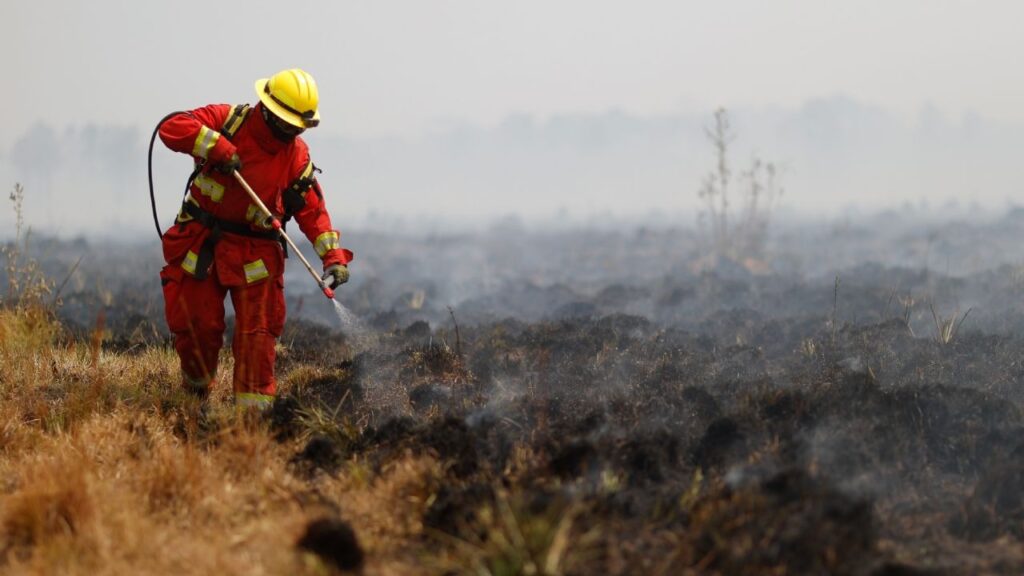The Justice Commission of the Assembly analyzes the partial veto issued by President Guillermo Lasso, which includes requirements for access to abortion for rape and other modifications to the Law.
This March 20, 2022, feminist groups and women from civil society came to the Plaza Grande (downtown Quito), to show their rejection of the partial veto of Guillermo Lasso, president of Ecuador, to the Rape Abortion Law.
And it is that the President’s observations include requirements to access this right that girls and women victims of sexual violence have, since April 2021.
It also equates the terms for terminating the pregnancy to the 12 weeks gestation, regardless of ages or whether the women are in rural or hard-to-reach areas.
Assembly can stand up to Lasso
Guillermo Lasso’s observations were sent to the National Assembly, which has two ways: deal with the veto, which can be divided into acquiescing, accepting the partial veto and passing the text to the Official Registry; or, amend the project based on the veto and change certain articles. To amend it is required 70 votes.
the other way would be be ratified at initial process. Namely, in the text prepared by the Assembly. For this, votes of two thirds of the legislators are required, that is, 92 votes.
On March 19, 2022, the Justice Commission addressed the issue, based on appearances the lawyer Stalin Raza and the constitutional experts Angélica Porras, Ximena Ron Erraez and Soledad Angus.
Raza said that with the objections sent turns abortion by rape into a confusing law. Porras described the veto as regressive on Rights.
? Session of the Justice Commission No. 095. The analysis of the Executive’s partial objection to the Bill that Guarantees Interruption continues
Pregnancy Volunteer for Girls, Adolescents and Women in case of Rape.@AsambleaEcuador pic.twitter.com/78UkXxQdtu— Justice and State Structure Commission (@JusticiaAN) March 20, 2022















